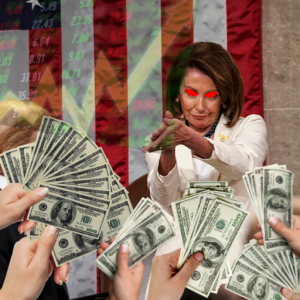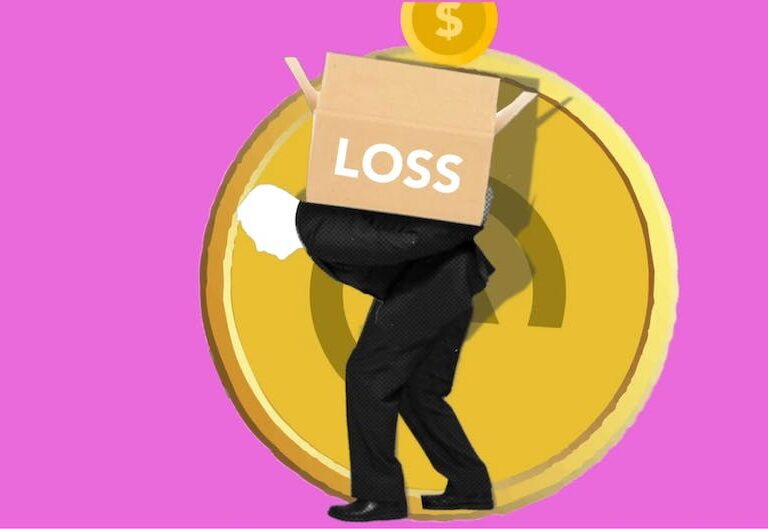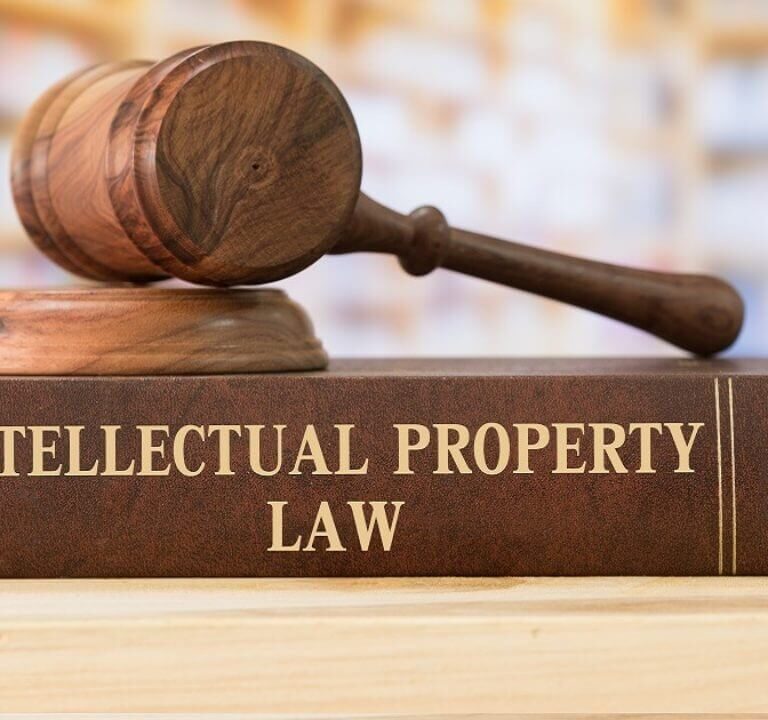Politician Insider Trading
Table of Contents
How Politicians Use Insider Trading to Gain an Unfair Advantage
Politicians have long been accused of using insider trading to gain an unfair advantage in the stock market. Insider trading is the practice of using non-public information to make investment decisions. It is illegal in most countries, including the United States, and carries severe penalties.
Insider trading is a form of fraud that allows politicians to make money off information not available to the public. This information can include details about upcoming legislation, government contracts, or other information that could affect the stock market. Using this information, politicians can buy or sell stocks before the public is aware of the news, allowing them to profit.
Politicians will often use their political connections to gain access to insider information. They may use their influence to get information from government officials or other sources. They may also use their political power to pressure companies to provide them with insider information.
In addition, politicians may use their influence to manipulate the stock market. They may use their connections to influence the decisions of regulators or to influence the decisions of other investors. This can allow them to make money off stocks that would otherwise be too risky for the average investor.
Insider trading is a severe problem that can have serious consequences. It can lead to financial losses for investors and legal penalties for those involved. These risks make it essential to stay aware of the risks associated with insider trading and be mindful of the potential for politicians to use it to gain an unfair advantage.
The Impact of Insider Trading on Political Campaigns
Insider trading is a form of financial misconduct that involves the use of privileged information to gain an unfair advantage in the stock market. It is illegal in many countries, including the United States, and can have severe consequences for those who engage in it. In recent years, there has been increasing concern about the potential impact of insider trading on political campaigns.
The most obvious way in which insider trading can influence a political campaign is through the use of campaign funds. If a candidate or their supporters are found to have engaged in insider trading, they may be subject to fines or other penalties. This could significantly impact the amount of money available to the campaign, which could affect its ability to reach voters and promote its message.
In addition, insider trading can have a more subtle effect on a political campaign. If a candidate or their supporters are found to have engaged in insider trading, it could damage their reputation and credibility. This could lead to decreased public support for the candidate, ultimately affecting the election outcome.
Finally, insider trading can also impact the media coverage of a political campaign. If a candidate or their supporters is found to engage in insider trading, it will lead to negative press coverage, further damaging that candidate’s reputation and credibility. This could lead to decreased public support for the candidate, ultimately affecting the election outcome.
In conclusion, insider trading can have a significant impact on political campaigns. It can lead to fines or other penalties, damage a candidate’s reputation and credibility, and lead to negative press coverage. As such, candidates and their supporters need to be aware of the potential consequences of insider trading and to take steps to ensure they do not do so.
The Legal Implications of Politician Insider Trading

Politician insider trading is a form of illegal activity that has been gaining attention in recent years. It occurs when a politician uses non-public information to buy or sell stocks, bonds, or other securities. This type of trading is illegal because it gives the politician an unfair advantage over other investors.
The legal implications of politician insider trading are profound. The Securities and Exchange Commission (SEC) can investigate and prosecute insider trading cases in the United States. The SEC can impose civil and criminal penalties on those found guilty of insider trading. Civil penalties can include fines, disgorgement of profits, and other sanctions. Criminal penalties can include jail time and fines.
In addition to the SEC, other government agencies may investigate and prosecute politician insider trading cases. For example, the Department of Justice (DOJ) may bring criminal charges against those found guilty of insider trading. The DOJ may also seek to recover profits from the illegal activity.
The legal implications of politician insider trading can also extend beyond the United States. In some cases, foreign governments may also investigate and prosecute insider trading cases. For example, the United Kingdom’s Financial Conduct Authority (FCA) can investigate and prosecute insider trading cases.
Politician insider trading is a severe offense that can have profound legal implications. Those guilty of insider trading can face civil and criminal penalties and other sanctions. It is essential for politicians to be aware of the legal consequences of their actions and to ensure that they are not engaging in any illegal activity.
How to Spot Politician Insider Trading Activity
The first sign of potential insider trading activity is when a politician or family member makes large, unusual trades in a company’s stock. A character like that could signify that the politician has access to non-public information about the company and uses it to their advantage. It is essential to pay attention to the timing of these trades, as well as their size and frequency of them.
Another sign of potential insider trading activity is when a politician or their family members have significant holdings in a company’s stock. Suppose they have a large amount of a specific company. In that case, it could signify that the politician has access to non-public information about the company and uses it to their advantage. It is essential to pay attention to the size and frequency of these holdings, as well as their timing of them. As well as what subcommittees each politician is on.
Paying attention to changes in a politician’s financial disclosure forms is also essential. These forms must be filed annually and provide information about a politician’s financial holdings. Any sudden or significant changes in a politician’s financial disclosure forms could signify potential insider trading activity.
Finally, paying attention to any news reports or rumors about a politician’s involvement in insider trading activity is essential. If there are any reports or stories about a politician’s involvement in such activity, it is necessary to investigate further and take appropriate action.
You can protect yourself and your investments by knowing the signs of potential insider trading activity. Pay attention to the timing, size, frequency of trades and holdings, and any changes in a politician’s financial disclosure forms. Additionally, paying attention to any news reports or rumors about a politician’s involvement in insider trading activity is essential.
The Role of Lobbyists in Politician Insider Trading Scandals
Lobbyists hold significant responsibility in the insider trading scandals involving politicians. Lobbyists are individuals or organizations that aim to sway public policy and legislation and often possess privileged information that they can exploit for financial gain.
Politicians frequently receive privileged information from lobbyists, which they use to make investments for their financial benefit. This constitutes insider trading, an illegal act that can have severe consequences for the involved politician.
The role of lobbyists in these scandals can lead to accountability. Lobbyists can be liable for providing privileged information to politicians, failing to disclose the information to the public, and even assisting politicians in insider trading.
Lobbying also comes with the responsibility to influence public policy and legislation honestly. Lobbyists can face penalties for providing false or misleading information to politicians and failing to reveal the information to the public.
.
Conclusion
In conclusion, lobbyists play a significant role in politician insider trading scandals. Lobbyists can be held accountable for providing privileged information to politicians and influencing public policy. It is essential for lobbyists to be aware of the potential consequences of their actions and to act responsibly when handling this information.




